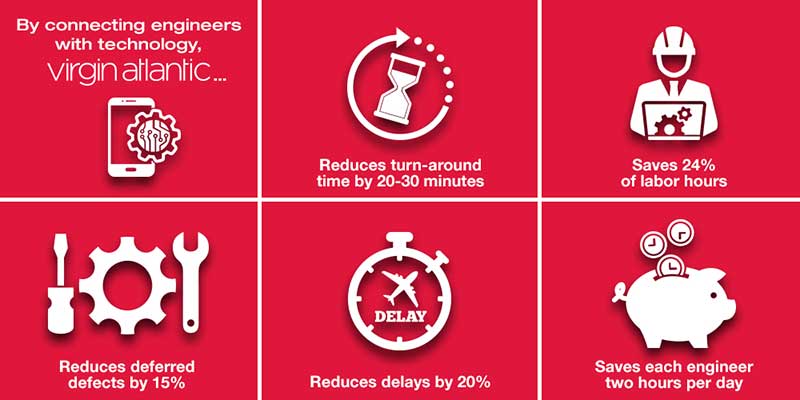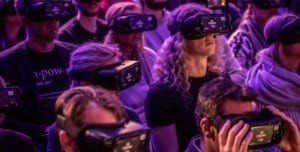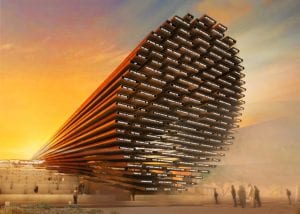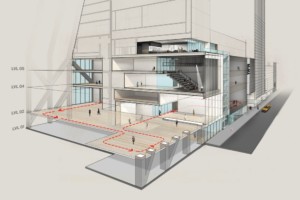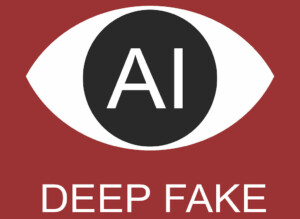Technology is constantly transforming the tourism and visitor attractions industry. Two of the hottest properties in tech right now are the Blockchain and the Internet of Things (IoT).
But just what are the Blockchain and the Internet of Things? Why are they grabbing headlines? And how will they impact the travel and the attractions industry?
The Blockchain: What is it?
The Blockchain is the complex technology that powers headline-grabbing cryptocurrencies such as Bitcoin.
To explain the Blockchain, Blockology says imagine a filing cabinet that is always growing and carefully organised by many people.
Crucially, it is made up of users and miners. Users can make transactions, which are sent to the miners to organise. The miners organise the transactions and receive a reward. Users can then view and verify all of the organised transactions to ensure there is no fraud.
Blockchain is therefore, fundamentally, a public record of transactions. These do not have to be financial transactions, the Blockchain could be used for the trade of any assets.
Why is it all the rage?
The interest in the Blockchain has mostly been led by the turbulent Bitcoin currency, which made headlines when the value of a single Bitcoin surpassed $15,000 in 2017. It’s crashing back down now, but it fuelled a lot of interest in cryptocurrency and the Blockchain.
But – as experts are quick to point out – Bitcoin is a cryptocurrency that uses the Blockchain technology. The terms are not interchangeable.
Bitcoin might be on the way out, but the Blockchain certainly is not. 10 percent of global GDP could be stored on blockchain within the next ten years, according to a World Economic Forum survey.
Does it matter to the industry?
A McKinsey report is clear that it is important not to be over ambitious with this technology. Blockchain is an immature technology and it could be some time before any applications become reality. While reports continue to identify it as a technology to watch, most experts agree it is unlikely to disrupt business models any time soon.
 Disney has actually created its own Blockchain, Dragonchain. They’ve said a lot about how it works but not much about what it will actually do. It could be the start of their own Disney-branded currency for use at its parks, but would the burden on guests really be worth the added security, or novelty? Cointelegraph also suggests that “Disney could use Blockchain to track ‘points’ as customers play games at their theme parks”. However, just like Disney patents that never see the light of day, this could be another piece of blue sky thinking and exploration for the company.
Disney has actually created its own Blockchain, Dragonchain. They’ve said a lot about how it works but not much about what it will actually do. It could be the start of their own Disney-branded currency for use at its parks, but would the burden on guests really be worth the added security, or novelty? Cointelegraph also suggests that “Disney could use Blockchain to track ‘points’ as customers play games at their theme parks”. However, just like Disney patents that never see the light of day, this could be another piece of blue sky thinking and exploration for the company.
However one very practical application of the Blockchain technology is more secure ticketing solutions.
The future of ticketing?
Blockchain technology could represent the future of ticketing for attractions – and this is already happening in the music industry.
LAVA is one company providing a Blockchain-powered ticketing service. They use the blockchain to prevent fraud or ticket touts. Smart tickets powered by the blockchain mean:
- No more ticket touts: it will no longer be possible to sell tickets for more than their face value. Users can safely sell tickets on to their friends, but ticket touts cannot take advantage of customers.
- No fraud: tickets cannot be duplicated, each ticket gives entry to one visitor only. This would benefit attractions that may fall victim to visitors using fraudulent tickets for entry.
- A more seamless experience: all ticketing would be done using a mobile phone – no need for printing at home or wristbands. Personalised experiences could also be programmed into individual tickets, for example discounts at merchants.
The Internet of Things: What is it?
The Internet of Things (IoT) is nothing new. An internet-connected toaster was first debuted in 1989. It is a really simple idea that is rapidly becoming a modern reality: physical devices that are connected to the internet. The Internet of Things has made it possible to feed your cat from the other side of the globe and turn your lights on without leaving your bed.
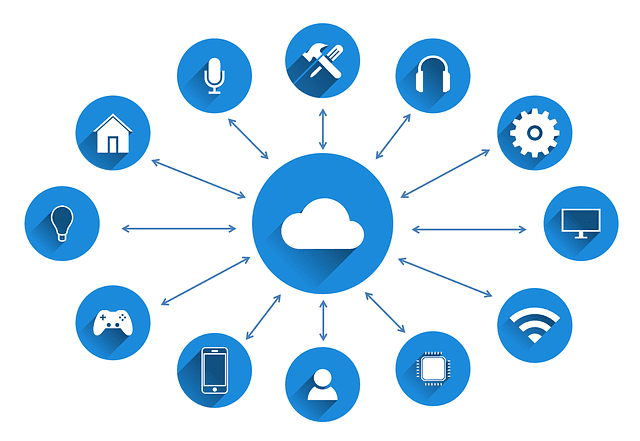
However, the technology is scalable. Smart cities could have interconnected traffic signals that adapt to people’s movements and bins that monitor their usage and never overflow.
Why is it all the rage?
The Internet of Things has been in popular usage for quite some time. Academics have been calling it “the next big digital revolution” since at least 2016. It seems to have captured imaginations with the rise of improved personal assistant technology. Amazon’s Alexa and Google Assistant (the technology behind Google Home and Amazon Echo) integrated with IoT house technology really feels like a futuristic vision come true. Just five years ago, “OK Google, sing my children a lullaby” may have seemed like a dystopian parody.
The growth of the technology is frequently shunted due to security fears. Anything connected to the web can be exploited, we’re often warned. However vulnerabilities are being patched, and this technology could soon be trusted.
Does it matter to the industry?
This technology could add interactivity to museums and theme parks. Take the World Showcase at Epcot, which added a Perry the Platypus game to its park. It allows visitors to control aspects of the physical environment over the internet using their mobile phone. See it in action here:
That’s an entertaining application of the Internet of Things – but the uses go beyond entertainment. The Internet of Things could result in a more personalised experience for people and better customer service. it will adapt the physical world to a user’s individual needs based on data collected and stored via the cloud.
The Hilton and the Marriott are both trialling this sort of technology. The Hilton’s Connected Room will allow guests to use their mobile phones to control lighting, AV and the television in their rooms. A lot of this tech will also be custom made: “our teams are constantly testing off-the-shelf stuff,” Hilton spokesperson Julian Burge told Skift, “but nothing that is direct to consumer provided enough, both for our guests and hotel owners, so we built something from the ground up.”
A note of caution

Airlines are getting on board too. Virgin Atlantic and Boeing adapted a 787 Dreamliner to support a digital engineering solution – allowing them to detect issues before they even arise.
But it is important not to overestimate the technology. Vulnerabilities are still cropping up with relative frequency. Furthermore, the thought of hackers controlling – not just data – but the physical environment is still a scary one for many users.

